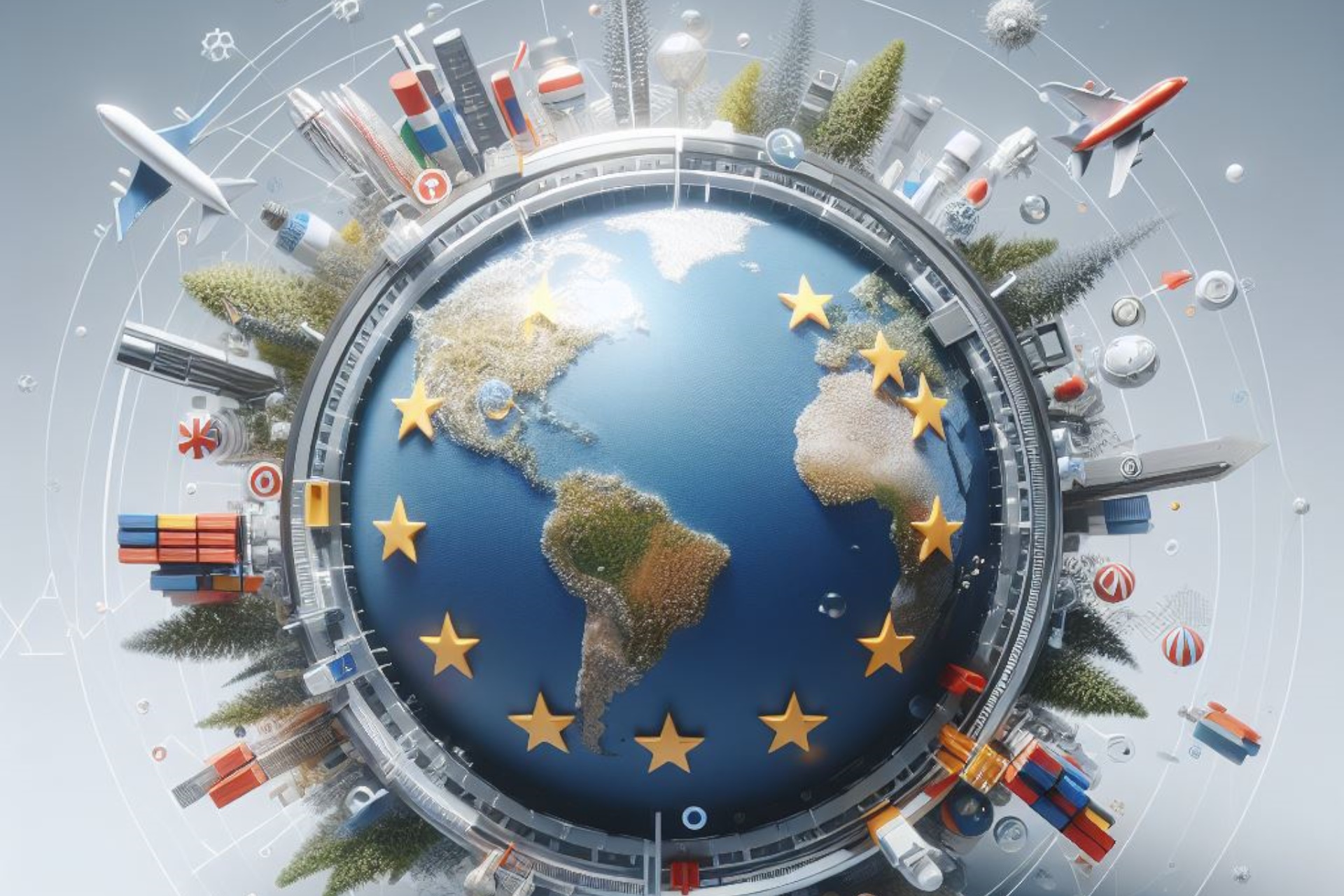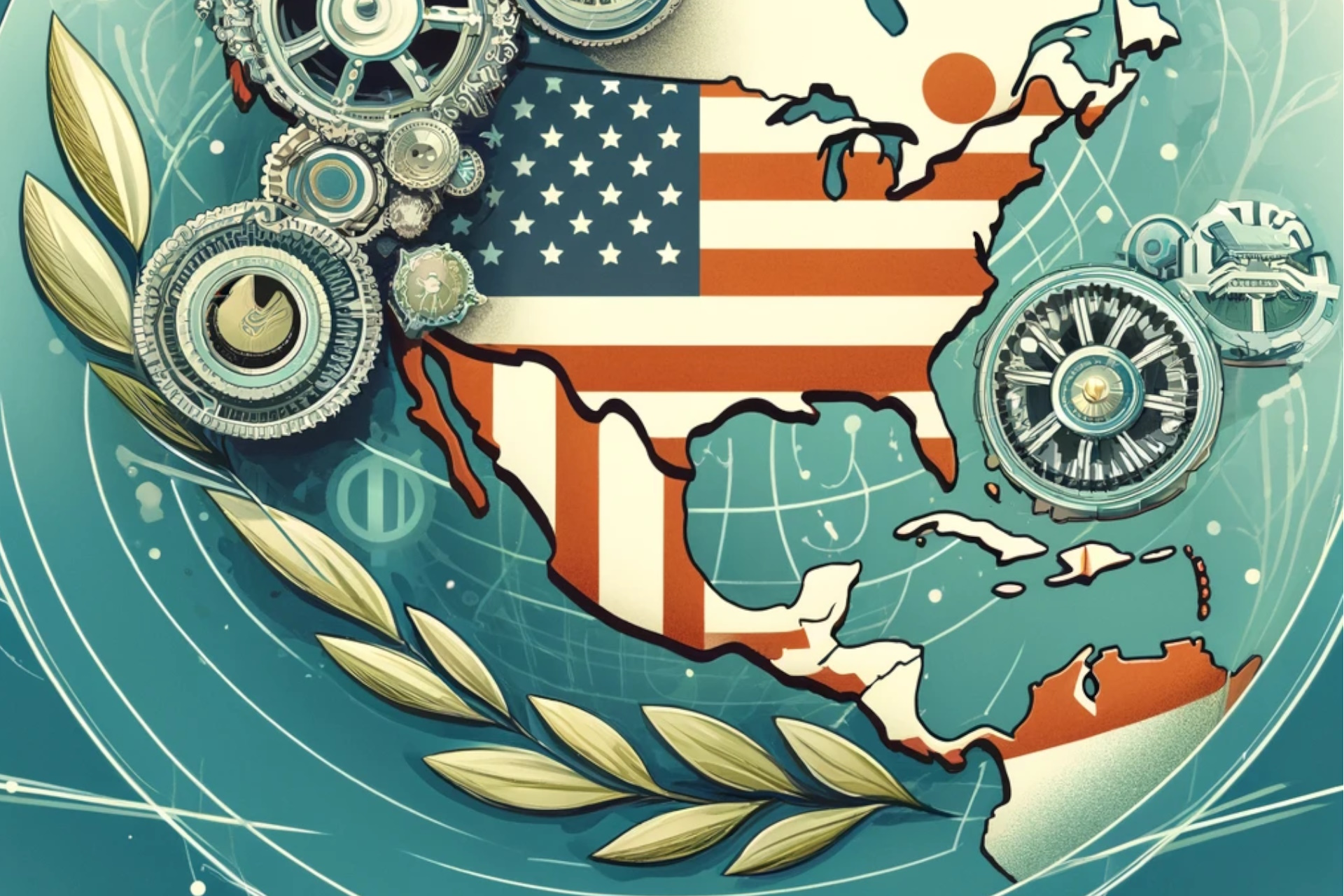Europe's efforts to enhance cross-border trade supply chain resilience and risk management are essential for maintaining economic competitiveness and fostering long-term prosperity. Through digitalization, regulatory reform, collaboration, and infrastructure development, Europe is laying the groundwork for a more resilient and agile trade ecosystem. By embracing innovation and adopting proactive strategies, businesses can navigate uncertainties with confidence, ensuring the uninterrupted flow of goods across borders.
In an increasingly interconnected global economy, Europe stands at the forefront of efforts to enhance cross-border trade supply chain resilience and risk management. With the ever-evolving landscape of geopolitical uncertainties, natural disasters, and now, pandemics, ensuring the smooth flow of goods across borders has become a critical priority for businesses and policymakers alike.
The European Union (EU) has recognized the importance of bolstering supply chain resilience, particularly in the face of disruptions like the COVID-19 pandemic. Through strategic initiatives and collaborative partnerships, Europe is striving to fortify its trade networks, mitigate risks, and foster economic stability.
One key aspect of Europe's efforts lies in promoting digitalization and innovation across supply chains. Digital technologies such as blockchain, artificial intelligence (AI), and Internet of Things (IoT) are being harnessed to improve transparency, traceability, and efficiency. By leveraging these tools, businesses can gain real-time insights into their supply chains, identify potential disruptions early on, and swiftly adapt to changing circumstances.
Furthermore, the EU is actively working to enhance regulatory frameworks to address emerging challenges in cross-border trade. Harmonizing customs procedures, standardizing documentation requirements, and streamlining border controls are central to minimizing delays and uncertainties in the movement of goods. Initiatives like the EU Customs Union and the Single Window for Customs facilitate smoother trade operations while ensuring compliance with regulatory norms.
Collaboration among stakeholders is another cornerstone of Europe's approach to enhancing supply chain resilience. Public-private partnerships, industry forums, and cross-border cooperation initiatives foster knowledge sharing, best practices dissemination, and collective problem-solving. By pooling resources and expertise, stakeholders can better anticipate risks, coordinate response efforts, and build more robust supply chain networks
Moreover, Europe is investing in infrastructure development to bolster trade connectivity within the region and beyond. Projects such as the Trans-European Transport Network (TEN-T) and the Connecting Europe Facility (CEF) aim to enhance transportation links, modernize logistics hubs, and improve multimodal connectivity. By investing in resilient infrastructure, Europe can strengthen its trade corridors, reduce dependency on single transport routes, and enhance the agility of supply chains.
As Europe navigates the complexities of cross-border trade, fostering a culture of resilience and risk management is paramount. Businesses are encouraged to adopt proactive risk mitigation strategies, diversify their supplier base, and invest in contingency planning. By building redundancy into their supply chains and forging strategic partnerships, companies can better withstand disruptions and ensure continuity of operations.
#Europe #CrossBorderTrade #SupplyChainResilience #RiskManagement #EURegulations #Digitalization #InfrastructureDevelopment #TradeConnectivity #ResilientSupplyChains
Read more views

















































































